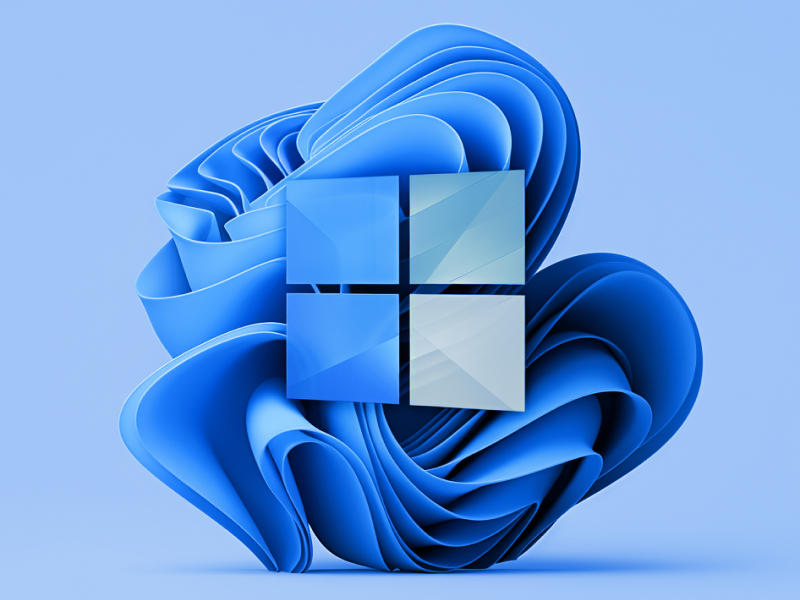Microsoft’s launch plans
Microsoft is gearing up to release its innovative web-based mobile game store in July. Sarah Bond, Microsoft’s President of Xbox, made this announcement at the Bloomberg Technology Summit.
Microsoft’s move marks a major shift towards a web-centric distribution model, diverging from the conventional app store frameworks that require downloading an app to access content.
Microsoft’s decision to launch its store on the web directly addresses the challenges associated with app store approvals and the distribution monopolies that currently exist.
Target competitors
Microsoft positions its upcoming mobile game store as a direct competitor to established digital distribution platforms like Apple’s App Store and Google’s Play Store. These platforms have dominated the mobile app market by controlling the major avenues through which users access and download applications.
Microsoft’s strategy targets these platforms’ weaknesses, such as high fees and restrictive policies, aiming to offer developers and consumers a more flexible and cost-effective alternative.
Strategic drive behind the web-based store
Avoiding App Store policies
Microsoft’s decision to launch its mobile game store via the web is a strategic move to sidestep the strict policies imposed by traditional app stores. These policies include major revenue cuts from developers and strict content guidelines.
Circumventing these restrictions has given Microsoft the ability to offer its platform to a global audience without the limitations imposed by app store gatekeepers – democratizing access to software distribution.
Universal accessibility
Microsoft aims to achieve universal accessibility with its web-based store, so that anyone with internet access can reach its digital offerings irrespective of the device or operating system. This addresses the fragmentation in the mobile device market, where developers must often build multiple versions of their apps to cater to different operating systems.
Microsoft’s web-based store promises a unified platform that delivers content seamlessly across both Android and iOS devices, without the need for device-specific adaptations.
Initial offerings and expansion plans
First-party games
At its inception, Microsoft’s web-based store will showcase a selection of popular first-party games such as “Candy Crush” and “Minecraft.”
Leveraging its existing popular titles, Microsoft aims to attract a substantial user base to its new platform, establishing a strong initial foothold in the market. These games, which have already garnered a massive following, will help demonstrate the viability and benefits of the new web-based distribution model.
Extending to third-party developers
Following the initial launch, Microsoft plans to expand its store offerings by including third-party developers. This will transform the platform into a comprehensive distribution channel that supports a diverse range of applications and games.
Allowing third-party developers to leverage the new platform will likely fuel innovation and variety, making the Microsoft store a vibrant ecosystem for both developers and consumers.
Microsoft intends to attract developers by offering better terms and greater exposure compared to traditional app stores, facilitating a competitive and dynamic market environment.
Sidestepping EU regulations
Microsoft’s introduction of a web-based mobile game store cleverly navigates around the stringent regulatory environment in the European Union.
Recent regulations in the EU mandate that tech giants like Apple enable sideloading and facilitate the operation of third-party app stores on their devices.
Microsoft’s web-based model offers an inventive solution that aligns with these regulations, providing a platform that does not require traditional app store approval processes. This adheres to the new rules and offers a broader reach, so that developers have the freedom to distribute their apps without the constraints imposed by the dominant app stores’ policies.
Deployment and long-term goals
Proving viability and setting foundations
Sarah Bond, during her announcement, highlighted that the initial rollout of the web-based store is – at its core – about showcasing the practicality of distributing games over the internet without the need for app store intermediaries. Focus is on establishing a robust foundation for the platform that will support scalable future growth.
Initial success with first-party games could validate the model, encouraging more developers to consider this alternative pathway for reaching users directly. Establishing this foundation is essential for Microsoft to scale up the platform to include more diverse offerings and more comprehensive functionality.
Challenging market dominance
Microsoft’s strategy directly confronts the market control exerted by Apple and Google over app distribution. In launching the web-based store, Microsoft is providing an alternative while challenging the status quo of digital distribution.
Microsoft’s move could disrupt the current dynamics by offering lower fees, fewer restrictions, and a more open environment for developers.
As the store begins to support third-party apps, it could become a strong competitor in the market, potentially reshaping how apps are distributed and monetized.
Potential role of cloud gaming
The launch of Microsoft’s web-based mobile game store also points to their strategic interest in expanding cloud gaming. Cloud technology could play a central role in the future of game distribution, allowing users to stream games directly from the cloud without the need for downloads or physical copies.
Microsoft’s move could accelerate cloud gaming adoption, leveraging its Azure cloud infrastructure to deliver high-quality gaming experiences directly to consumers across various devices. This has the potential to greatly impact the gaming industry, promoting greater accessibility and flexibility in how and where consumers can access their games.




